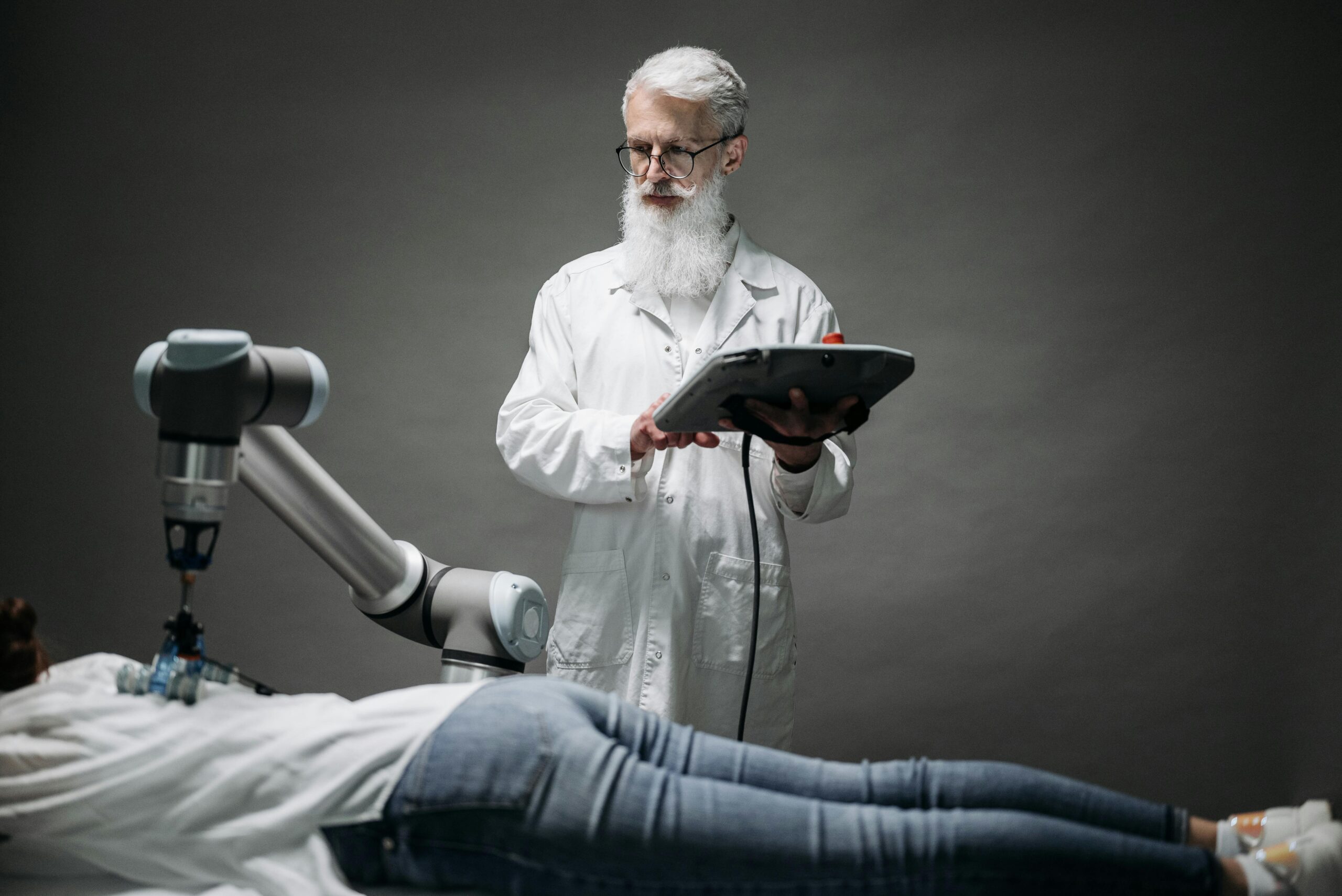AI in Healthcare: Can Machines Become Your Next Doctor?
We live in a world where apps can track your heartbeat, chatbots can answer your health questions, and AI tools can scan medical images faster than humans. But is artificial intelligence ready to replace your doctor — or is it just here to help?
Let’s explore how AI is transforming healthcare and what it means for all of us.
🧠 What Is AI in Healthcare?
Artificial Intelligence (AI) refers to machines that can analyze data, learn from it, and make decisions — just like a human brain. In healthcare, AI is used to:
Detect diseases from X-rays and MRIs
Analyze medical records to suggest treatments
Power chatbots that give instant medical advice
Monitor patients in real-time with wearable tech
🏥 Real-Life Applications
Diagnosis: AI tools like Google’s DeepMind can detect over 50 eye diseases with human-level accuracy.
Robotic Surgery: Robots like da Vinci assist in surgeries with high precision and minimal invasion.
Drug Discovery: AI is helping companies like Pfizer and Moderna speed up vaccine and medicine development.
Virtual Nursing Assistants: Chatbots like Ada and HealthTap can give 24/7 medical support and triage advice.
🤖 Can AI Replace Doctors?
Not exactly — and not anytime soon. AI can:
Analyze huge datasets quickly
Catch early signs of disease doctors might miss
Work 24/7 without breaks
But it still lacks human empathy, intuition, and ethical judgment. For now, AI works best when it supports doctors, not replaces them.
⚠️ The Challenges
Privacy concerns about patient data
Bias in algorithms due to limited training data
Misdiagnosis risks without human oversight
Cost of implementation for hospitals and clinics
🔮 The Future of AI in Healthcare
In the coming years, AI will:
Offer personalized treatment plans
Predict diseases before symptoms appear
Make healthcare more accessible in rural areas
The goal isn’t to eliminate human doctors but to empower them with smart tools to save lives faster and more accurately.



